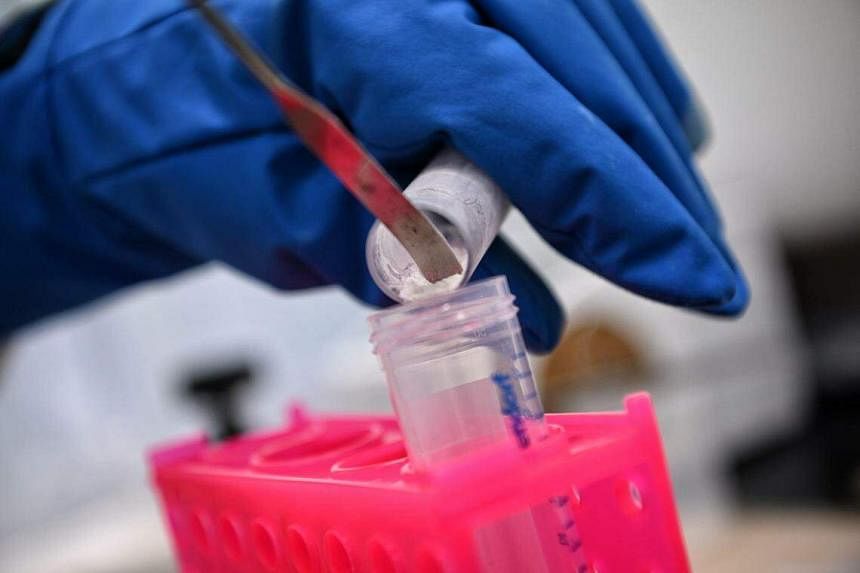SINGAPORE – The authorities will be able to collect DNA information from suspects linked to less serious crimes from June 12.
Currently, the police can collect DNA information only for registrable crimes, which are serious crimes that lead to a criminal record. As such, the DNA database is small and limits the police’s ability to solve crimes, especially in cases with very few leads.
DNA collection is being expanded to include suspects linked to eligible crimes, after amendments to the Registration of Criminals Act were passed in Parliament on Sept 12, 2022. The eligible crimes on the list include voluntarily causing hurt, unlawful stalking and affray.
The amendments also allow DNA to be collected from those arrested, detained or served with a restriction order under the Internal Security Act.
Individuals who are arrested, convicted or imprisoned for eligible crimes may have their DNA information and identifying information collected, but they will not have a criminal record as such crimes are not registrable.
DNA can be taken in various ways, and includes blood samples, saliva and hair follicles.
Those who refuse, without reasonable excuse, to provide a blood sample when ordered to do so may be fined up to $1,000, jailed for up to one month, or both.
Individuals not ordered to provide their DNA information may volunteer to do so to assist an investigation, and can also ask for their information to be deleted at any time – a request the police must accede to.
Currently, only individuals who are present at the crime scene or questioned in investigations can voluntarily provide DNA to the police.
The DNA information collected can be used for an investigation or inquiry into a death, to identify a dead person, or to identify a person so that police assistance can be provided to the person.
This is on top of its current uses for forensics in police investigations and legal proceedings for offences.
The DNA information of a person who has been convicted of a registrable crime can be shared by the police with foreign law enforcement agencies for investigations and proceedings when appropriate.
Access to the DNA database will be tracked and restricted to authorised officers.
The amendments also introduce procedures for the removal of DNA information for those who had volunteered it, were acquitted or had their offences compounded.
They must apply to the Registrar of Criminals, which must then remove the information from the database unless it is relevant to another ongoing investigation. The information can also be kept if it is in the interests of Singapore’s security.
Those who disagree with the registrar’s determination may appeal to a reviewing tribunal within 30 days.
In her speech to Parliament in September 2022, Minister of State for Home Affairs Sun Xueling said the removal of DNA information will not apply to individuals whose offences have been rendered spent.
She explained that for a spent conviction, a person will no longer have a criminal record for the offence, but this is to facilitate rehabilitation. The person’s DNA information, however, will be retained as it may be vital for solving future crimes.
She added that the new laws will enable law enforcement to carry out its duties more effectively, but also balances the expanded powers against an individual’s right to privacy.


